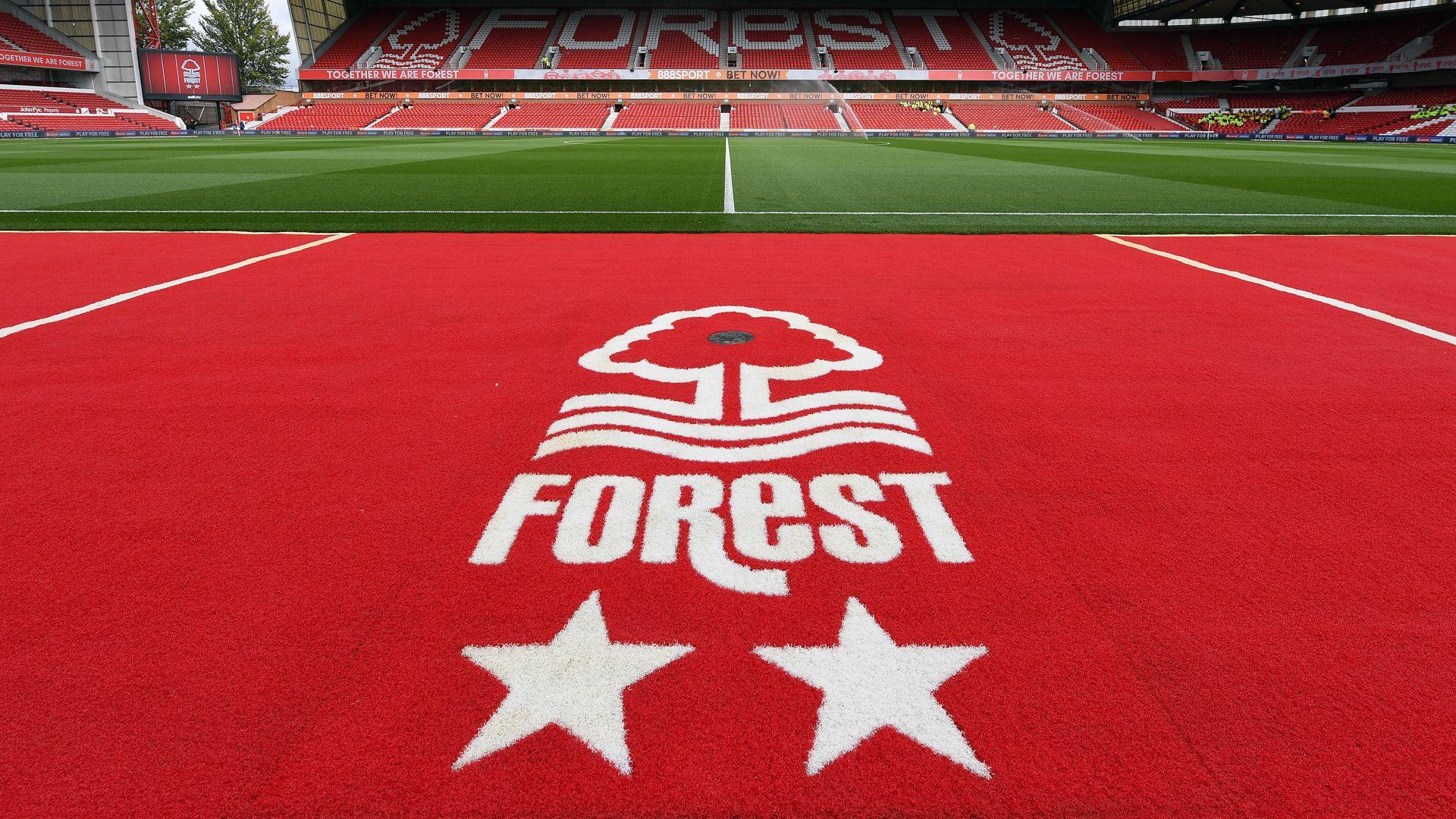
Howard Webb has admitted Nottingham Forest should have been awarded a penalty in this month’s controversial 2-0 Premier League defeat to Everton
PGMOL CEO Howard Webb has acknowledged that Nottingham Forest’s contentious 2-0 Premier League loss to Everton this month should have resulted in a penalty.
Idrissa Gueye and Dwight McNeil’s goals sent the Reds reeling in their Premier League match at Goodison Park, however there was controversy surrounding the match when referee Anthony Taylor dismissed three penalty requests from Nuno Espirito Santo’s team.

Following the conclusion of play, Nottingham Forest released a statement accusing Taylor of helping relegation-threatened Luton Town. The club also criticized video assistant referee Stuart Attwell, saying he made “three extremely poor decisions” during the Goodison Park match.
During the second half, Ashley Young, a defender for Everton, appeared to clip Callum Hudson-Odoi of Forest as he was racing through on goal. Taylor was not told to check the situation on the pitch-side VAR monitor after he dismissed Forest’s initial appeals, therefore play went on.
Webb, though, has stated that he would have “preferred” that Taylor call about the incident after going to the pitch-side monitor. He feels that if this had happened, the result would have been different.
Here is what Webb had to say about Hudson-Odoi’s penalty allegation during an appearance on the most recent episode of the Premier League’s Mic’d Up referee program.
Michael Owen: “Everyone I’ve spoken to thinks that was a penalty. Explain how VAR came to that decision.”
Howard Webb: “I understand why we would have preferred an intervention on this situation. The referee waves away the penalty appeal. The VAR looks at it and asks himself the question, ‘Was the non-award clearly and obviously wrong?’ and came to the conclusion it wasn’t.
“You hear him describing two players tussling for the ball. He doesn’t see a clear action by Young that he considers to be worthy of intervention, one that reaches the threshold of being very clear.
“But we would have preferred an intervention for the referee to go to the screen to make a judgement for himself in this situation and probably would have come out with a different outcome if that would’ve happened.”
Owen: “OK, during that audio, we hear Anthony Taylor mention that he thinks the ball was won by the defender Ashley Young. When the VAR quite clearly sees the ball isn’t won, shouldn’t that just straight away instigate, ‘Right, you’ve seen it wrong. Go to the monitor,’ or not?”
Webb: “We did hear Anthony Taylor in the footage there say that he believed the ball had been played by Ashley Young, and we know that’s not the case. We know only Callum Hudson-Odoi touches the ball.
“The first job of the VAR is to look at the footage available and make the judgement, ‘Was the on-field decision clearly wrong?’ You could have a situation where the referee describes that the ball has been played by the defender. But actually when the VAR looks at it, sees that’s not the case, but it’s still not a penalty. It might be that the attacker has simulated, for example.
“So you can’t only rely on what the referee is saying to make the judgement of whether something is clearly and obviously wrong. But if there’s a VAR, you’re looking at it thinking, ‘Is it clearly wrong or not?’ You can absolutely factor in what the referee says as well.
“And if there’s a particular aspect like, ‘Who’s played the ball?’ it’s an important aspect that can be factored in to give the confidence to the VAR that, ‘Yes, the referee needs to go to the screen because I believe this is clearly and obviously wrong.’
“And that’s what should have happened on this occasion. But primarily they’re there to look at the footage and form an opinion. Is the on-field decision clearly wrong in their professional judgement? We would have preferred such an intervention in this case.”
Owen: “Players make mistakes. Goalkeepers, referees, everyone makes mistakes. But on the referee’s side of things, how can you prevent things like this happening in the future? Or do people just have to accept that mistakes will be made?”
Webb: “Yeah, the game is played by human beings, it’s officiated by human beings. And obviously our job is to try to ensure that we have a positive impact on the game by identifying correct decisions on the field. This wasn’t one.
“And then when that doesn’t happen, the VAR consistently recognises when an error has happened on the field and steps in.
“But of course they’re humans making judgements as well so we always are trying to reduce the number of errors that we make. We get together on a regular basis more than ever before with our VARs to train. We share loads of information online.
“We give guidance to the officials, we share discussions around why something didn’t work out in the way that it should. And then ultimately we share that final information to try to ensure that the learning is taken out of every situation and, year on year, reduce those number of errors to the minimal amount that we can.”
On Forest’s two penalty appeals in the first half, both involving Everton defender Young, Webb admitted he was happy with the refereeing of both incidents.
Webb: “The first two we felt were really subjective calls. The first one involving some contact from Ashley Young on Gio Reyna. “There was contact. The referee saw that but didn’t feel it was impactful enough to penalise.
“We’ve set quite a high threshold for penalising contact all over the field really, but also in the penalty area. It’s what the game has asked us to do.
“Not every contact results in a foul, and in this instance, there was very little contact—consistent with other circumstances that we’ve disregarded this season. That one was properly reviewed by the VAR.
“The second one involved a penalty for a handball. Ashley Young became involved once more. The sphere strikes his arm. He’s moving as he attempts to close a short-range shot, and the referee judged that the arm was in a normal position. That one was also completed by the VAR, which makes sense in this arbitrary handball zone.
“So we thought that both of those situations were in line with our expectations.”






